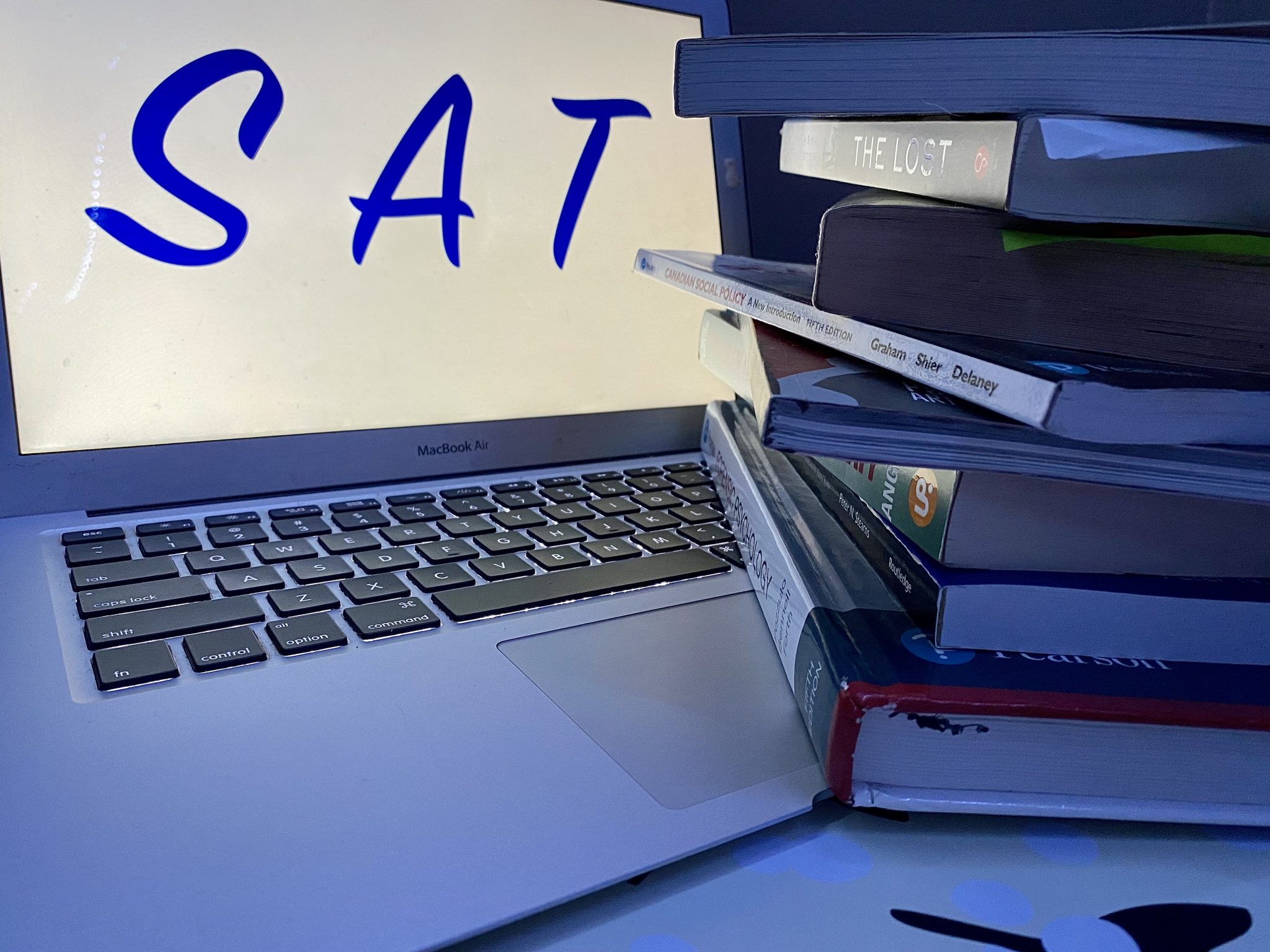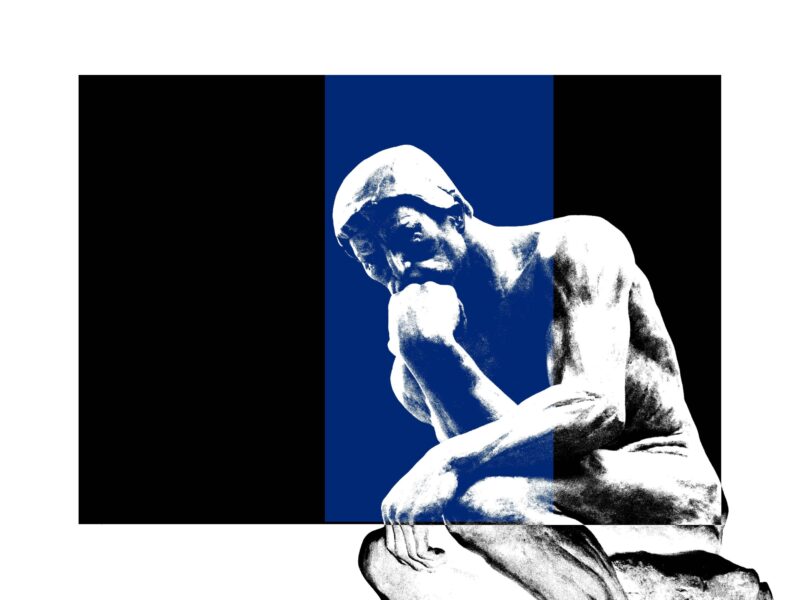PHOTO CONTRIBUTED BY KAREN SAVOY / SPUTNIK PHOTOGRAPHY
In the wake of COVID-19, the world was plunged into a hysteria of change. Life as we know it would never be the same again, from lockdowns and isolation to a world intertwined with the real and the virtual.
Our societies, economies and environments have been radicalized with the old dying and a brave new world emerging out of the ashes. In this spirit of transformation, old conventions were challenged and their justification for existence were brought into question.
One such principle has been Standardized Testing within the theatre of education.
Bearing its roots within an equally traumatic moment within the pages of history, what begun as a more scholastic off-shoot from the IQ test was first tested in the military, American soldiers would take proto- standardized tests that were meant to ensure they were assigned in the right jobs that would best serve their level of aptitude.
The tests were a resounding success and as the World Wars stormed on, these scholastic aptitude tests (SATs) entered classrooms nationwide. By 1945, they had cemented themselves as the premier convention of academic evaluation.
The appeal of Standardized tests was their universality or objectivity. Within a democratic landscape, standardized tests were the ultimate signifier of equality. Under their execution, all students were equal, they got the same questions, wrote in the same room, and had the exact same allocated time.
This went on from school to school, district to district, state to state, the golden equation that could be applied to all Americans. What this created was not only a ‘’fair’’ evaluation of academic merit, but also a standard by which educational institutions could be held accountable to.
As citizens bulked up the public education system with their taxes, standardized tests offered them a way to calculate their return on investment, ensuring that their children were being offered a fair standard of education.
This rule was recognized by the society and thus universities held it in high regard, this was the ballot by which we were all judged, accountable to one another as we stood as equals in the combat of academia.
This noble process was born out of an age looked back upon with rose coloured glasses, a golden generation mired in clear cut heroism against unquestionable evil. It was a time of simplicity and an era that’s completely alien to our contemporary reality.
In the wake of the new world order, simplicity has been eroded into fantasy as our world has become more and more complex. Everything is dazzled with a dose of nuance, and the pandemic has only accelerated this grey degradation of once unquestionable systems.
A record number of higher-level institutions began to question the legitimacy of the standardized tests. Many institutions applied an optional approach. Students were still allowed to take the tests and hand in their results, but they also had the option to just use their high school transcripts.
Other institutions chose to eliminate them entirely, employing a test blind approach which if adopted as the universal maxim, could eventually render standardized testing obsolete.
Yet this threat doesn’t faze the process’ proponents. Many institutions have merely applied a temporary questioning of legitimacy, thus after a while, the standardized process will retain its throne – some will even remove the optional approach.
The reason for the sudden shift can be attributed to the pandemic having restricted the number of people that could take the SATs, so in a bid to retain students, universities have opened the floodgates. And it surely has flooded, application rates have greatly increased and yet admission rates have now become even lower.
This observation further bulks up the SAT proponents who speak to how the caliber has been diminished when their rule was questioned. With accusations such as high school grades being inflated, students find themselves feeling like they have no choice but to take the SATs, not having enough faith in their option to use transcripts.
But while anxiety still lurks at this shift, the truth is, many individuals do not miss the SATs, so why is that, why is this noble dream of objectivity, incompatible with our reality.
The greatest threat to objectivity is subjectivity. Under the standardized tests, there is an assumption that all students are equal, within their trial, but what of the students themselves.
How can we be tested the same, when we are not the same?
There are a myriad of intricacies that gain and restrain students when in pursuit of glory within this standardized setting.
From socio-economic advantages and disadvantages, to emotional and mental disparities – even random variables as bizarre as the lighting within the exam room affecting student’s eyes differently – fundamentally, we cannot have equality of merit within a society of inequality.
As COVID-19 rocked the world, these differences were exacerbated to record heights, there cannot be fairness within an unfair system.
In my view, standardized tests themselves are designed in a way that is meant to greatly advantage the top achievers. To illustrate, let’s imagine a question that most students would answer correctly, when markers spot this question which has a majority green tick, they’ll scratch it out for an even harder question, so the entire premise of the tests is to shine light on only the highest achieving students.
Similarly, some students may require more time to write a standardized test, while others may need a designated reader to read the questions. Students needs should certainly be met – but it should be noted that the differences in the testing environment essentially defeats the defining feature of standardized tests: their standardization.
Ultimately, our reality is too subjective to be judged under an objective paradigm, for that objectivity doesn’t exist. There are many more critiques to this ‘’fair’’ process but alas, the conclusion.
In my opinion, I’d rather push for a more optional approach, students get access to both worlds, they can utilize their high school transcripts like we do here in Ontario, Canada. And they can still have the option to take the SATs if they so wish. That is true democracy, power and freedom to the individual.




